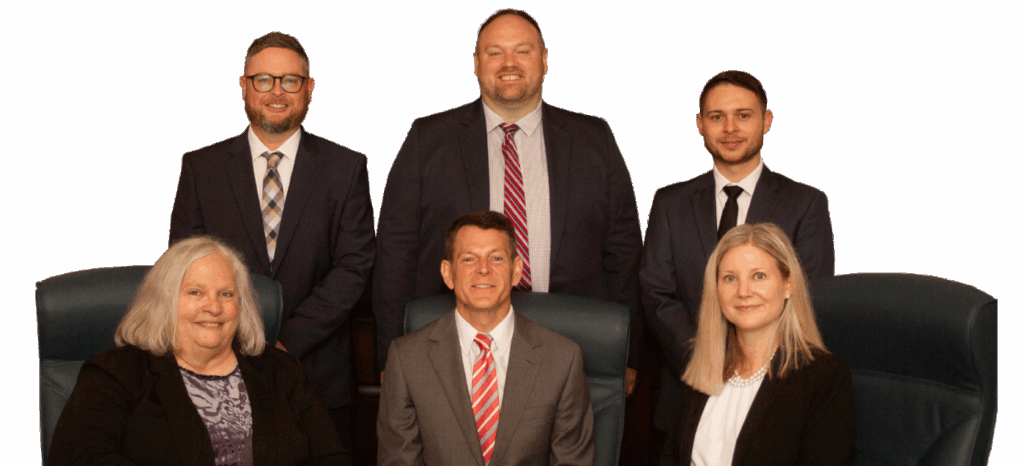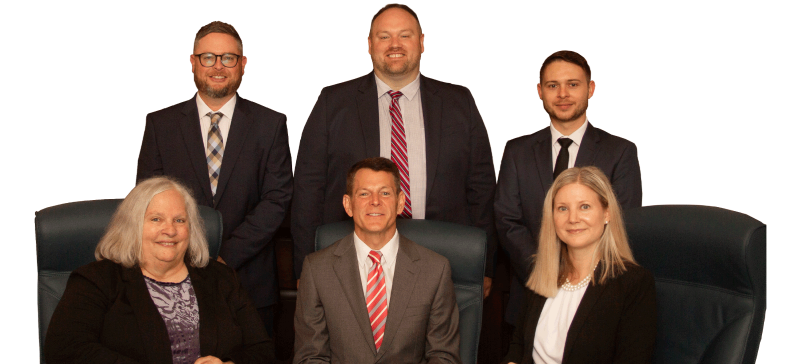
Key Points of This Article:
- Compassionate Allowances (CAL) are a way to identify diseases quickly and other medical conditions that, by definition, meet Social Security’s standards for disability benefits.
- These conditions primarily include certain cancers, adult brain disorders, and many rare disorders that affect children.
- Applying for benefits under the CAL program can significantly reduce waiting times to reach a disability determination.
- Even with evidence and the appropriate medical support, many individuals will still struggle to receive disability benefits upon their initial application.
Is Your Health Condition Listed in Social Security Disability’s Compassionate Allowances Program?
A sudden disability or debilitating illness can certainly rob an individual’s ability to work and prevent them from achieving financial independence. Luckily, those with the most serious disabilities may be able to receive benefits sooner than other applicants. By definition, these impairments and other medical conditions will meet the Social Security Administration’s (SSA) standards for disability benefits through the Compassionate Allowances (CAL) program. This program helps reduce the traditional long wait times for an individual to know of their disability determinization based on their specific medical condition.
SSA officials say, “Through the program, SSA can easily identify potential CALs to quickly make decisions and uses the same rules to evaluate these special conditions as it does with Social Security Disability Insurance (SSDI) or Supplemental Security Income (SSI) programs.”
- To date, more than 600,000 people with severe disabilities have been approved through this accelerated, policy-compliant disability process.
- Over the last decade, the list has grown to a total of 242 conditions.
- Information about the CALs program and SSA benefits can be found at ssa.gov/compassionateallowances.
- For conditions not listed under CALs, a person can request a potential CAL impairment to SSA by submitting the name of a condition for consideration.
In most cases, disability claims demand quick approval, and this program can help fast-track cases where people have medical conditions and diseases requiring prompt attention from the SSA.
5 New CALs Conditions Meet Social Security Disability Standards in 2020
Due to many CALs conditions’ severe nature, disability claims are often allowed based on medical confirmation of the diagnosis alone. Conditions are added as data suggests and primarily include certain cancers, adult brain disorders, and a number of rare disorders that affect children.
In August 2020, SSA added five conditions to the essential CALs conditions list:
- Desmoplastic Small Round Cell Tumors: Desmoplastic small round cell tumor (DSRCT) is a type of cancer. It is usually found in the abdomen (belly), but it can also occur in other parts of the body. Tumors are formed by small, round cancer cells and are surrounded by ‘scar-like’ tissue. The tumor has a specific genetic abnormality that helps confirm the diagnosis. DSRCT in the abdomen may not be found until the tumors have grown large. As a result, often the disease has spread to the liver, lymph nodes, lungs or bones by the time it is diagnosed. (St. Jude’s Children’s Research Hospital)
- GM1 Gangliosidosis – Infantile and Juvenile Forms: GM1 gangliosidosis is a rare lysosomal storage disorder characterized biochemically by deficient beta-galactosidase activity and clinically by a wide range of variable neurovisceral, ophthalmological, and dysmorphic features. (SSA)
- Nicolaides-Baraister Syndrome: NCBRS is a very rare condition characterized by severe intellectual disability and various physical features. Signs and symptoms may include seizures, short stature, sparse hair, distinctive facial characteristics, short fingers and toes (brachydactyly), and prominent joints in the fingers and toes (interphalangeal joints). Features of the condition can worsen over time. NCBRS is caused by changes (mutations) in the SMARCA2gene and is inherited in an autosomal dominant manner. All cases reported to date have been sporadic, occurring in people with no family history of NCBRS. (National Institutes of Health)
- Rubinstein-Tybai Syndrome: RTS is a syndrome characterized by broad thumbs and toes, short stature, distinctive facial features, and varying degrees of intellectual disability. The syndrome may be caused by a mutation in genes or a minimal loss of genetic material. In some people with RTS, the cause is unknown. While RTS can be inherited in an autosomal dominant manner, most cases result from a new (mutation in the responsible gene and are not inherited from a parent. Treatment is symptomatic and supportive. (National Institutes of Health)
- Secondary Adenocarcinoma of the Brain: Metastatic brain tumors (also called secondary brain tumors) are caused by cancer cells spreading to the brain from a different part of the body. The cancer cells break away from the primary tumor and travel to the brain, usually through the bloodstream, then commonly go to the part of the brain called the cerebral hemispheres or to the cerebellum. Cancer can also spread to the spine (metastatic spine tumors). (John Hopkins Medicine)
We hope that by the SSA now recognizing these five new qualifying disabilities, many more Kentuckians will be ensured that they can quickly receive the benefits they need.
My Condition Is Not Listed in the CALs Program? My Social Security Application Was Denied?
Most individuals battling a rapidly debilitating disease or illness may not have the time to wait for the SSA to reach a disability determination. And unfortunately, many people who should qualify for benefits, even those battling fast-growing cancers, mind-altering disorders, and tragic health conditions that affect children (and should be included as a CALs condition), do not. Others may have had their initial disability claim rejected due to an oversight in the paperwork and now require help from a lawyer to immediately appeal or correct any mistakes.
But also, avoid being discouraged if you don’t meet the disability listing criteria as you read it or have been denied. An experienced lawyer can review your claim and help determine if you might qualify based on conditions related to your health and your ability to work. Kentucky applicants of all ages, regardless of disability, are more likely to be approved and receive benefits sooner when supported by an attorney.
A Special Note About COVID-19 For Our Social Security Clients: As the COVID-19 pandemic continues to challenge Kentuckians, especially those with underlying health conditions, many have valid questions about their disabilities, future health, employment, and more. Please be reassured that everyone at Rhoads and Rhoads is working hard to accommodate our most at-risk clients through phone calls or virtual meetings. This way, we can help keep everyone safe and your disability case moving forward.
Kentucky Social Security Lawyers – We Are Here For You
Suppose you or a loved one has been diagnosed with a condition preventing you from working and are pursuing SSD benefits. In that case, our team is available to help get you the financial recovery you deserve. Call us at 888-709-9329 to request help from lawyers who have been protecting the rights of those seeking SSD throughout Western Kentucky for over four decades. We offer free initial consultations, and all cases are taken on a contingency fee basis, which means there is no payment required upfront. We get paid only if we win or settle your case, so there is NO RISK involved.
Watch: Michael’s Disability Denial Case with Attorney Christopher Rhoads


